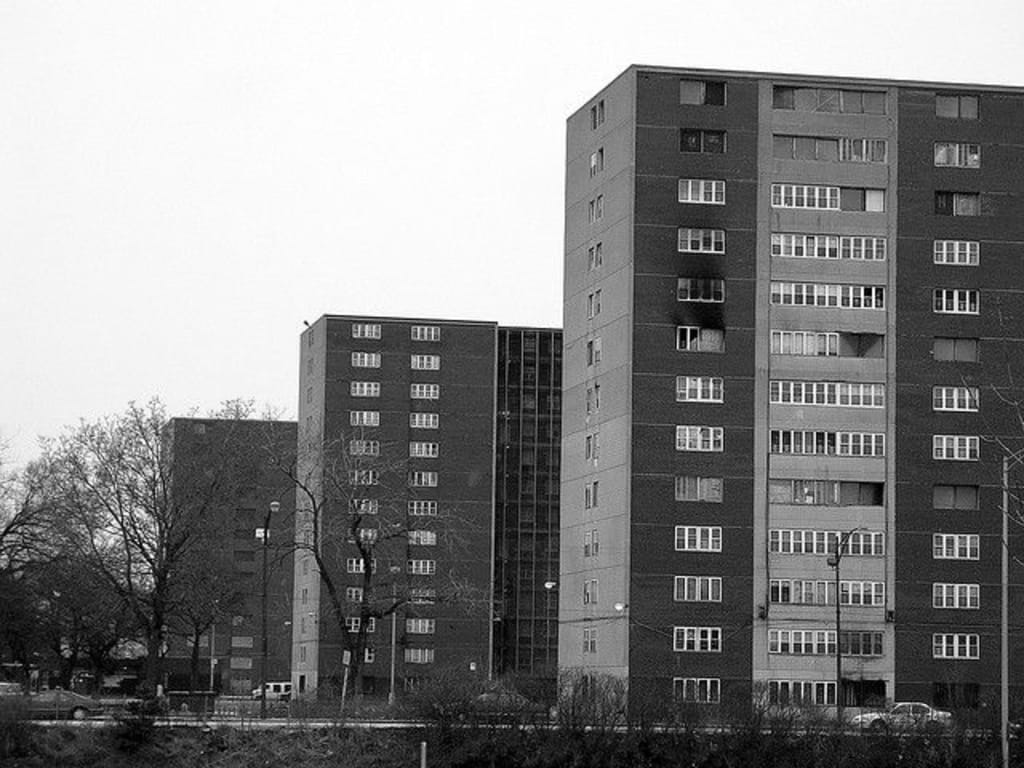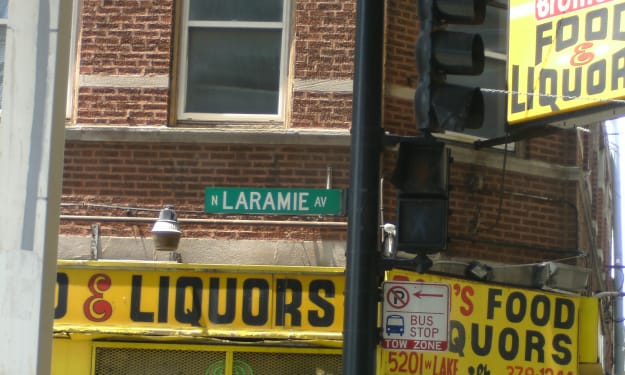That April Day
1968 was no different than 2020

It was a spring day in April, a Thursday and I was in first grade. My younger sister was four years old her birthday having taken place the previous month. My youngest brother was two years old. I was six years old, and the only one going to school. Suddenly I looked up to see my mother, who was in her mid-thirties then, walk into the class. She and my teacher huddled in a corner talking. The teacher gave me a look, and my heart sank. I thought I was in trouble – again. I was a good student, but my math grades kept bringing me down. The teacher gave Ma some papers, it was homework I learned later, to take home. Ma told me to get my coat. I was going home early that day.
Ma had to do some shopping in the business district closest to our apartment. I wondered how Ma got any sleep back then. She worked from 11:00 PM to 7:00 AM as a telephone operator. Part of her job was sending telegrams, something in this age of emails and scans this generation knows nothing about. She had to take care of her other business, including raising three kids, when she could fit it in. Ma and Dad were separated. They would finalize their divorce during the spring of the following year. My younger siblings were at home alone, with strict instructions not to open the door for anyone. Ma would have had Child Protective Services on her back if that scenario happened today. But that was one way she managed our household.
It was early afternoon, but the normally busy intersection we were standing at slowed down and fell almost into a complete hush. Groups of teenagers were walking determinedly, going somewhere, but not saying anything. Cars rolled slowly down the street. An older man passed Ma and I as the light changed; there was a scowl on the man’s face. I held my mother’s hand tightly. Surveying the scene, Ma said, “Something’s wrong. Maybe we should go home.”
Home was Rockwell Gardens, one of the many housing projects that used to exist in the city of Chicago. The buildings were demolished between 2000 and 2006. In 1968, we lived in a tiny apartment on the second floor, or porch, as it was called. There were two bedrooms. My mother and brother shared one of them, and my sister and I were in the other. The windows of both faced out onto the main street. My siblings and I were in the bedroom my sister and I shared, watching a popular afternoon kids’ program.
Sounds of commotion outside took our attention away from the television. In the distance, clouds of smoke rose into the air. People were running down the street with various items in their hands. A girl my age had several hats. One guy was pushing a rack of clothes. Another person had a record player. Ma joined us at the window to watch the odd parade. Then she hurried back to the kitchen and got on the phone. By her tone, I could tell Ma was talking to one of my aunts. “Girl, they killed Dr. King and these white people are going to pay!” she said.
The day dragged on into the evening. We huddled around the little black and white TV that was in the front room to watch the news. It was the only light left on in the house. Ma pulled the shades down and made sure the gates across the windows were locked. We could hear some of our neighbors running up and down the porch. A couple of teen boys we knew, Larry and Richard, were involved in the looting. We heard Larry telling someone what he and his brother had picked up. “And we’re going back for more!” Larry said. After a while, the television was out. An order had been given to shut the electricity off in predominately Black areas on the south and west sides. It was thought that would slow down the looting. It didn’t. We kept hearing people running back and forth a majority of the night.
A few weeks before, Ma had purchased a small freezer because the one in the refrigerator just was not big enough for her tastes. The next day, she discovered that all the food she had filled it up with had spoiled overnight. Ma ordered my siblings and I to put our coats on so we could go to the grocery store. While pulling out the shopping cart, Ma called then-Mayor Richard J. Daley every name she could think of, blaming the mayor for wasting her food. The nearest major grocery store was a couple of blocks up the street from our apartment on the other side of a viaduct. When we walked out from under the viaduct, our mouths dropped open. The store had been reduced to a pile of rubble. Ma cursed about the mayor again on the way back home. We ate peanut butter sandwiches the rest of the day.
People resorted to rioting again when a Black man was killed, another in a long line of Black people who had been killed, this time by overzealous police officers, during this century. Just like back on April 4, 1968, I sat in my apartment watching the events unfold on television. The neighborhood I lived in back then, as well as many other neighborhoods around the country never fully recovered, especially economically. Tensions between law enforcement and people of color escalated and continue to do so. The racism that felled Dr. King and George Floyd still exists. Some things have not changed.
About the Creator
Hillari Hunter
I likes to write about many topics. In a past life, I was an unappreciated office support employee, and I was a boxing coach. I have sung in church choirs and in nightclubs. I'm speaking up and out more and using my age as an excuse.






Comments
There are no comments for this story
Be the first to respond and start the conversation.